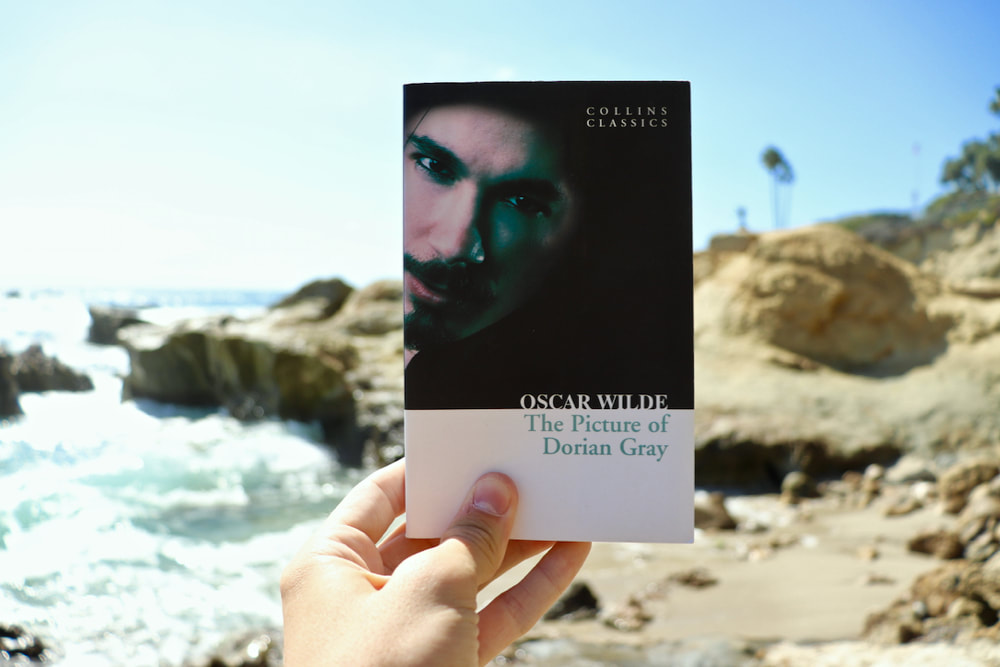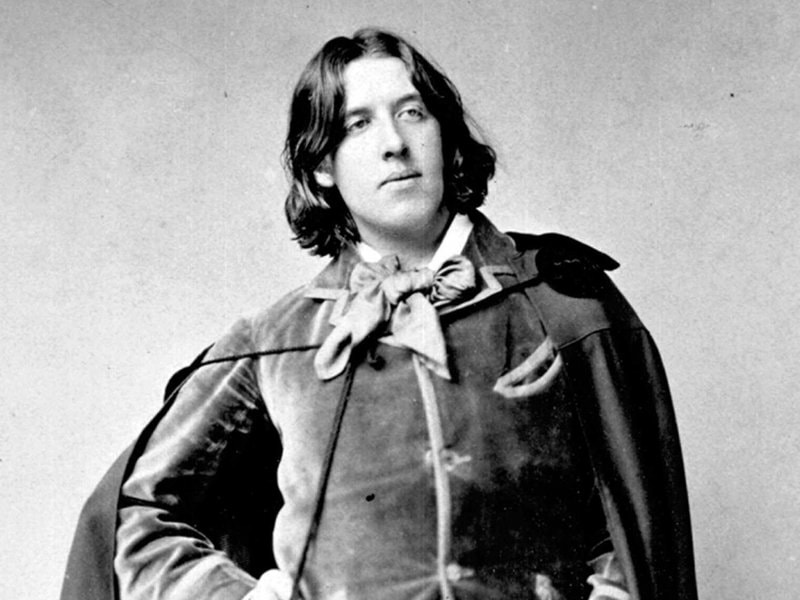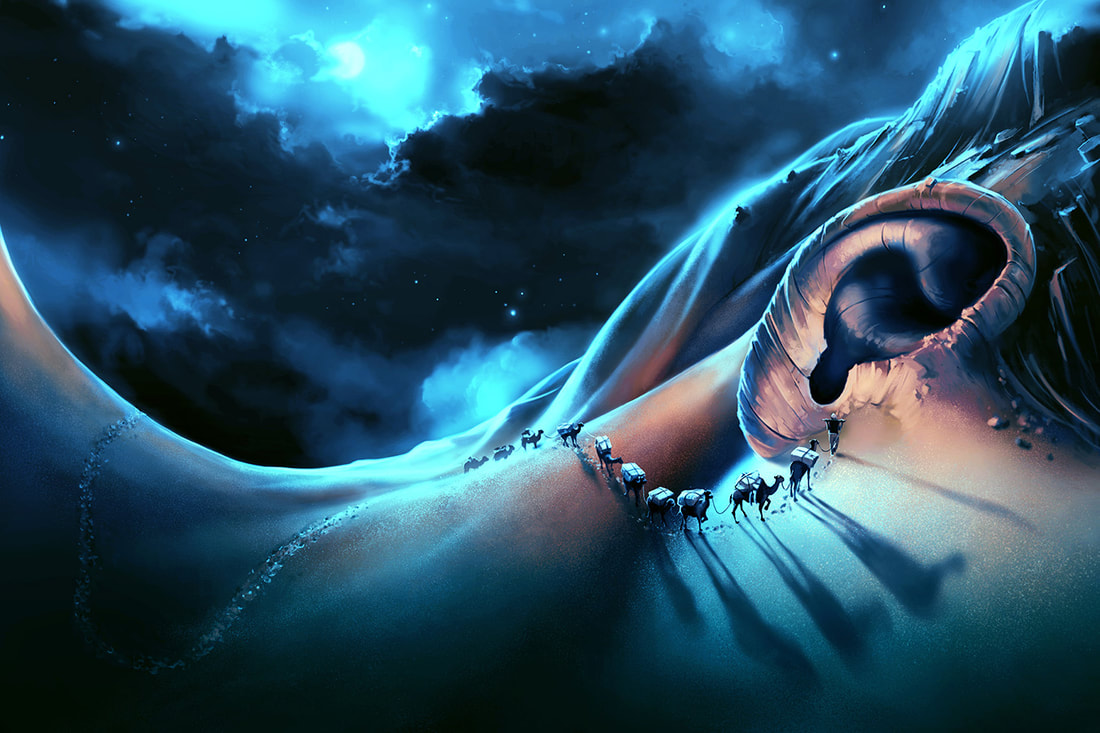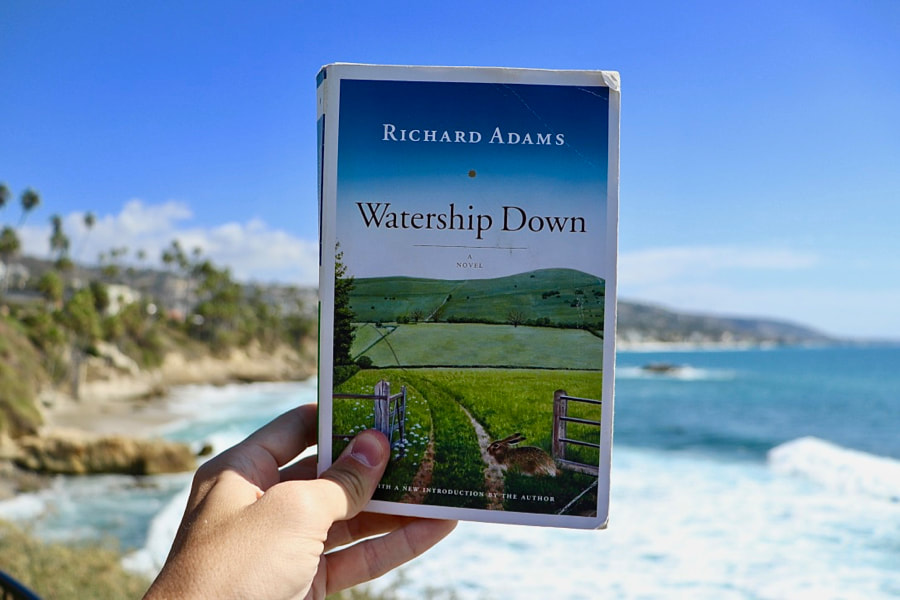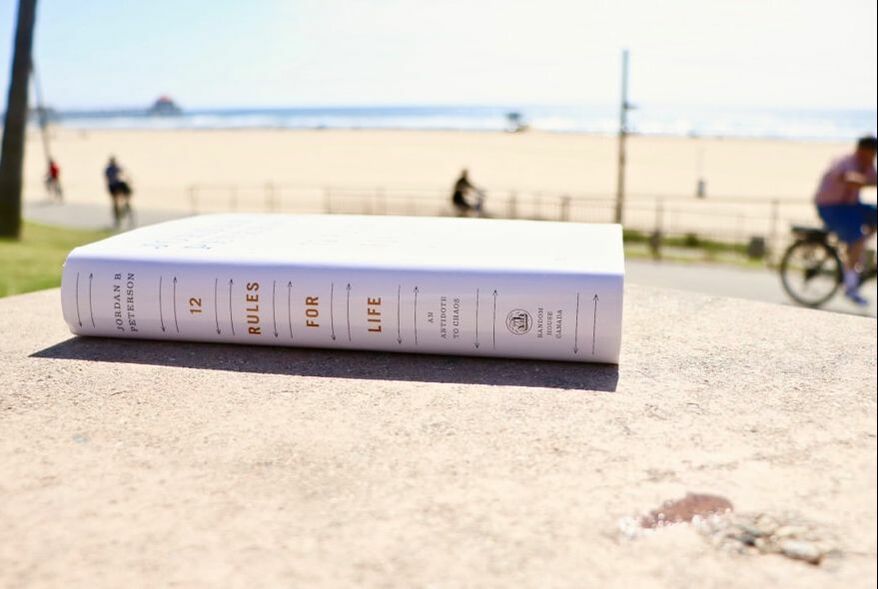| "Finally, [Dorian Gray] came back, went over to the picture, and examined it. In the dim arrested light that struggled through the cream-colored silk blinds, the face appeared to him to be a little changed. The expression looked different. One would have said that there was a touch of cruelty in the mouth." Oscar Wilde, The Picture of Dorian Gray |
Oscar Wilde's only novel is a masterpiece; one just as accessible and relevant in 2019. In it, young Dorian Gray, a handsome bachelor in his prime, falls in love with his own good looks. He is so enamored that he swears before a just-finished portrait and its painter that he would gladly sell his soul to keep his youth and beauty.
From there, Gray is ushered into the decadence of high society under the informal mentorship of a cynical gentleman, Lord Henry Wotton. At first, Gray waves aside Lord Henry's caustic jokes and small lies as trifles, but rejects directly participating. Soon though, his own words and deeds begin to mimic the insincerity and immorality of various high society members—culminating in a very real slippery slope of dishonesty, materialism, arrogance, and greater yet self-corruption.
All the while, something strange isn't happening. Dorian is not aging. He looks just as young and handsome as the portrait used to look. The painting—with each increasing act of sin—changes; ages. His actions are destroying the soul of the face, the beauty that once rightfully belonged to it.
Written with impressive brevity (250 pages) and a gorgeous lyricism (some favorite quotes and passages below), The Picture of Dorian Gray is a cautionary, epic tale of morality and its essential role in an individual's survival. [JG]
From there, Gray is ushered into the decadence of high society under the informal mentorship of a cynical gentleman, Lord Henry Wotton. At first, Gray waves aside Lord Henry's caustic jokes and small lies as trifles, but rejects directly participating. Soon though, his own words and deeds begin to mimic the insincerity and immorality of various high society members—culminating in a very real slippery slope of dishonesty, materialism, arrogance, and greater yet self-corruption.
All the while, something strange isn't happening. Dorian is not aging. He looks just as young and handsome as the portrait used to look. The painting—with each increasing act of sin—changes; ages. His actions are destroying the soul of the face, the beauty that once rightfully belonged to it.
Written with impressive brevity (250 pages) and a gorgeous lyricism (some favorite quotes and passages below), The Picture of Dorian Gray is a cautionary, epic tale of morality and its essential role in an individual's survival. [JG]
QUOTES I LOVED
{*} "The studio was filled with the rich odor of roses, and when the light summer wind stirred amidst the trees of the garden there came through the open door the heavy scent of lilac, or the mere delicate perfume of the pink flowering thorn."
{*} "The lad started and drew back. He was bare headed, and the leaves had tossed his rebellious curls and tangled all their gilded threads. There was a look of fear in his eyes, such as people have when they are suddenly awakened. His finely chiseled nostrils quivered, and some hidden nerve shook the scarlet of his lips and left him trembling."
{*} "...[Dorian Gray] defines for me the lines of a fresh school, a school that is to have in it all the passion of the romantic spirit, all the perfection of the spirit that is Greek. The harmony of soul and body—how much that is! We in our madness have separated the two, and have invented a realism that is vulgar, an ideality that is void."
{*} "Like all the people who try to exhaust a subject, he exhausted his listeners."
{*} "He played with the idea, and grew willful; tossed it into the air and transformed it; let it escape and recaptured it; made it iridescent with fancy, and winged it with paradox. The praise of folly, as he went on, soared into a philosophy, and Philosophy herself became young, and catching the mad music of Pleasure, wearing, one might fancy, her wine-stained robe and wreathe of ivy, danced like a Bacchanate over the hills of life, and mocked the slow Silenus for being sober. Facts fled before her like frightened forest things. Her white feet trod the huge press at which wise Omar sits, till the seething grape-juice rose around her bare limbs in waves of purple bubbles, or crawled in red foam over the vat's black, dripping sloping sides. It was an extraordinary improvisation. he felt that the eyes of Dorian Gray were fixed on him, and consciousness that amongst his audience there was one. Who temperament he wished to fascinate, seemed to give his wit keenness, and to lend color to his imagination. He was brilliant, fantastic, irresponsible. He charmed his listeners out of themselves, and they followed his pipe laughing. Dorian Gray never took his gaze off him, but sat like one under a spell, smiles chasing each other over his lips, and wonder growing grave in his darkening eyes. At last, livered in the costume of the age, Reality entered the room in the shape of a servant to tell the Duchess that her carriage was waiting."
{*} "I am on the side of the Trojans. They fought for a woman." "They were defeated." "There are worse things than capture."
{*} "The made who calls a spade a spade should be compelled to use one. It is the only thing he is good for."
{*} "The lad started and drew back. He was bare headed, and the leaves had tossed his rebellious curls and tangled all their gilded threads. There was a look of fear in his eyes, such as people have when they are suddenly awakened. His finely chiseled nostrils quivered, and some hidden nerve shook the scarlet of his lips and left him trembling."
{*} "...[Dorian Gray] defines for me the lines of a fresh school, a school that is to have in it all the passion of the romantic spirit, all the perfection of the spirit that is Greek. The harmony of soul and body—how much that is! We in our madness have separated the two, and have invented a realism that is vulgar, an ideality that is void."
{*} "Like all the people who try to exhaust a subject, he exhausted his listeners."
{*} "He played with the idea, and grew willful; tossed it into the air and transformed it; let it escape and recaptured it; made it iridescent with fancy, and winged it with paradox. The praise of folly, as he went on, soared into a philosophy, and Philosophy herself became young, and catching the mad music of Pleasure, wearing, one might fancy, her wine-stained robe and wreathe of ivy, danced like a Bacchanate over the hills of life, and mocked the slow Silenus for being sober. Facts fled before her like frightened forest things. Her white feet trod the huge press at which wise Omar sits, till the seething grape-juice rose around her bare limbs in waves of purple bubbles, or crawled in red foam over the vat's black, dripping sloping sides. It was an extraordinary improvisation. he felt that the eyes of Dorian Gray were fixed on him, and consciousness that amongst his audience there was one. Who temperament he wished to fascinate, seemed to give his wit keenness, and to lend color to his imagination. He was brilliant, fantastic, irresponsible. He charmed his listeners out of themselves, and they followed his pipe laughing. Dorian Gray never took his gaze off him, but sat like one under a spell, smiles chasing each other over his lips, and wonder growing grave in his darkening eyes. At last, livered in the costume of the age, Reality entered the room in the shape of a servant to tell the Duchess that her carriage was waiting."
{*} "I am on the side of the Trojans. They fought for a woman." "They were defeated." "There are worse things than capture."
{*} "The made who calls a spade a spade should be compelled to use one. It is the only thing he is good for."
WHO WAS OSCAR WILDE?
Oscar Wilde (1854-1900) was an Irish playwright and poet best known for The Importance of Being Earnest and The Picture of Dorian Gray. He also wrote children's short stories, collections of epigrams, essays, and poems. Wilde's wit, brevity, and humor make for memorable, jousting dialogues and laugh-out-loud page turns. His tongue-in-cheek cracks come often, but he aims at the right targets: insincerity, dishonesty, boot-lickers and gold diggers, materialistic squabblers and petty social tyrants. Wilde is the funniest writer I've ever encountered. His humor is a sight for modern eyes, because it is entirely devoid of smirks and sneers toward the good, the beautiful, the productive, the honest, and the innocent. Over the years, reading his collection of comedic anthems of romance, justice, and hope have been sheer pleasure. I wish he had been allowed to write and live longer.
In 1895, he was accused of homosexuality, then a crime in England, and sentenced to two years of hard labor, which he served in various prisons. Upon his release in February 1897, his health had greatly deteriorated. He died from meningitis less than a three years later, exiled and flat broke. In 2017, Wilde was among an estimated 50,000 men who were pardoned for homosexual acts. The Act is known informally as the Alan Turing law. There's an excellent movie about Alan Turing's contributions in WWII to help crack the Nazi's secret message code and his later imprisonment called The Imitation Game.
In 1895, he was accused of homosexuality, then a crime in England, and sentenced to two years of hard labor, which he served in various prisons. Upon his release in February 1897, his health had greatly deteriorated. He died from meningitis less than a three years later, exiled and flat broke. In 2017, Wilde was among an estimated 50,000 men who were pardoned for homosexual acts. The Act is known informally as the Alan Turing law. There's an excellent movie about Alan Turing's contributions in WWII to help crack the Nazi's secret message code and his later imprisonment called The Imitation Game.
| "You are a wonderful creation. You know more than you think you know, just as you know less than you want to know." — Oscar Wilde, The Picture of Dorian Gray |
YOU MAY ALSO LIKE

